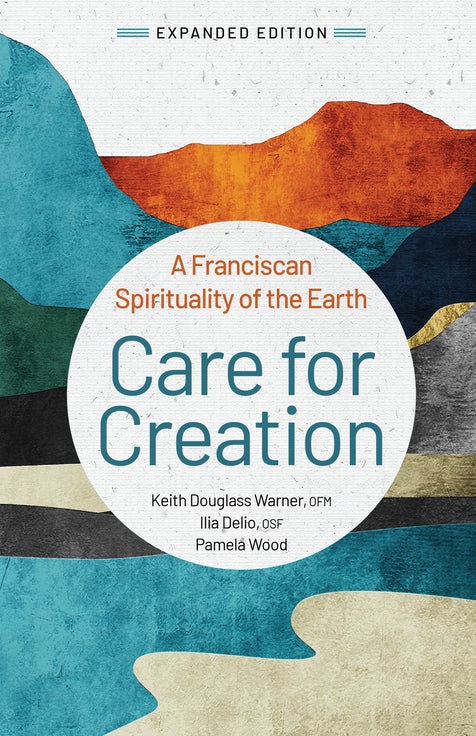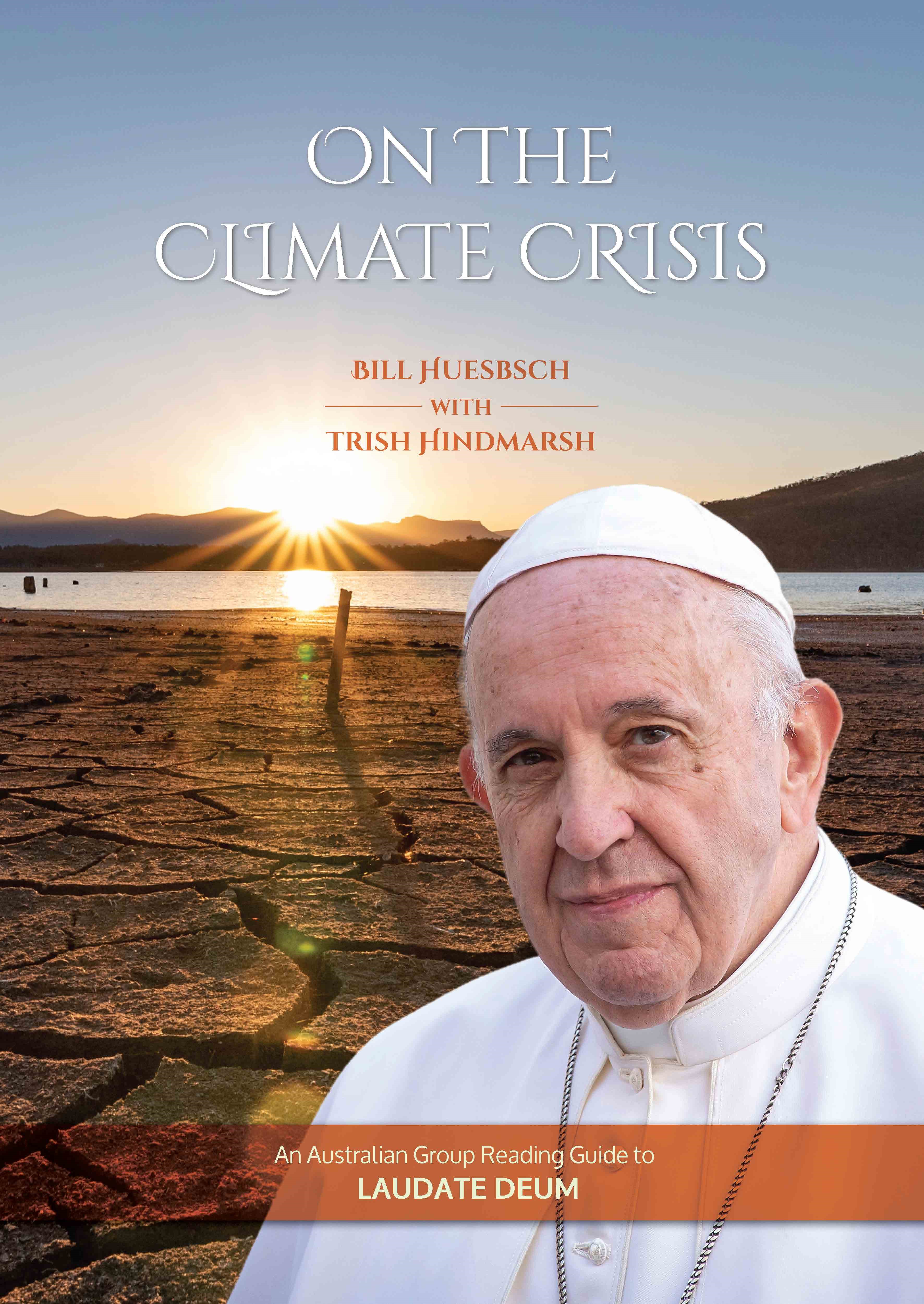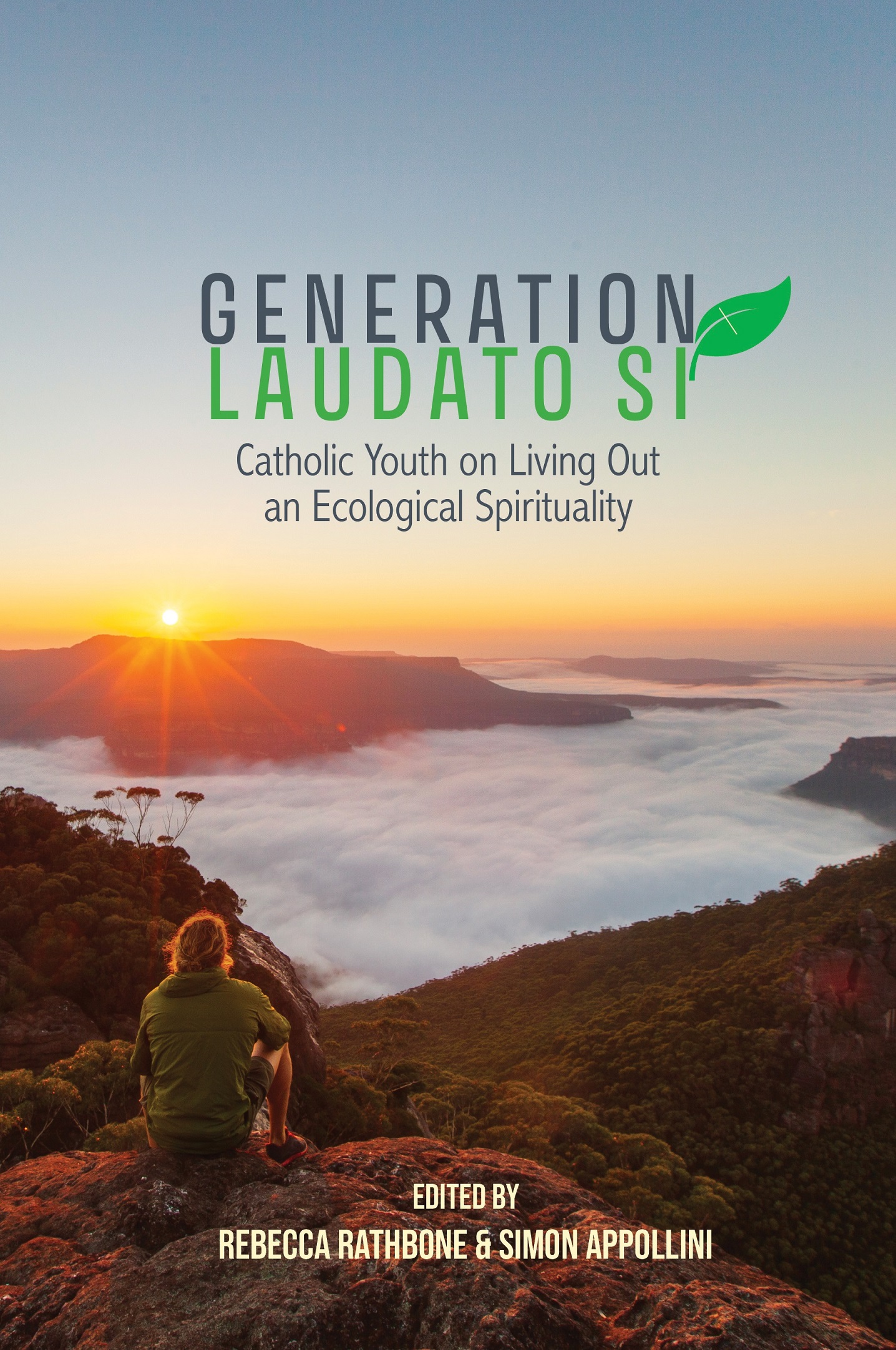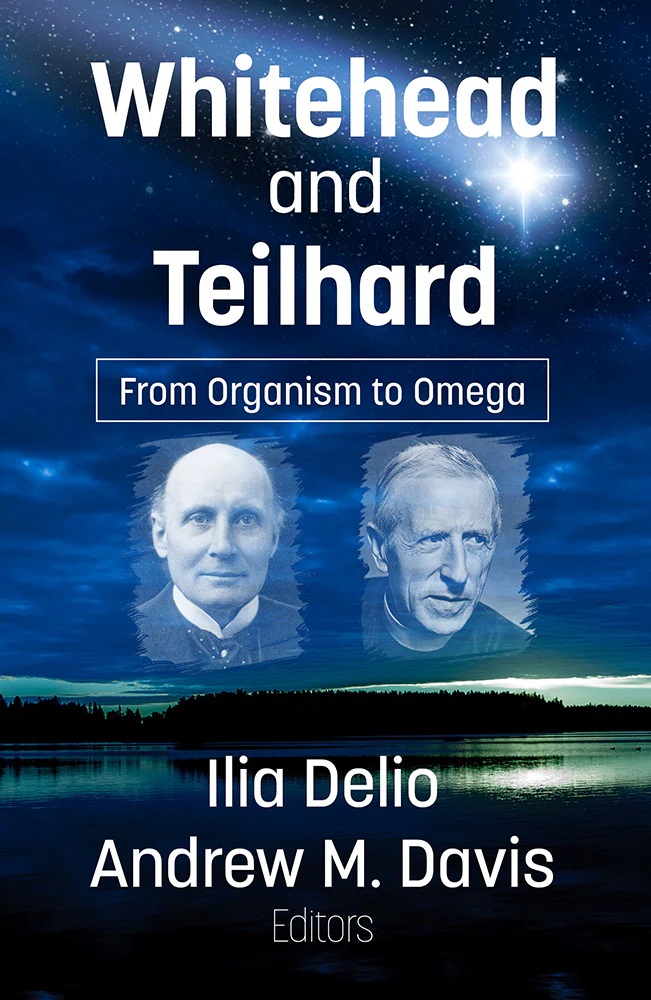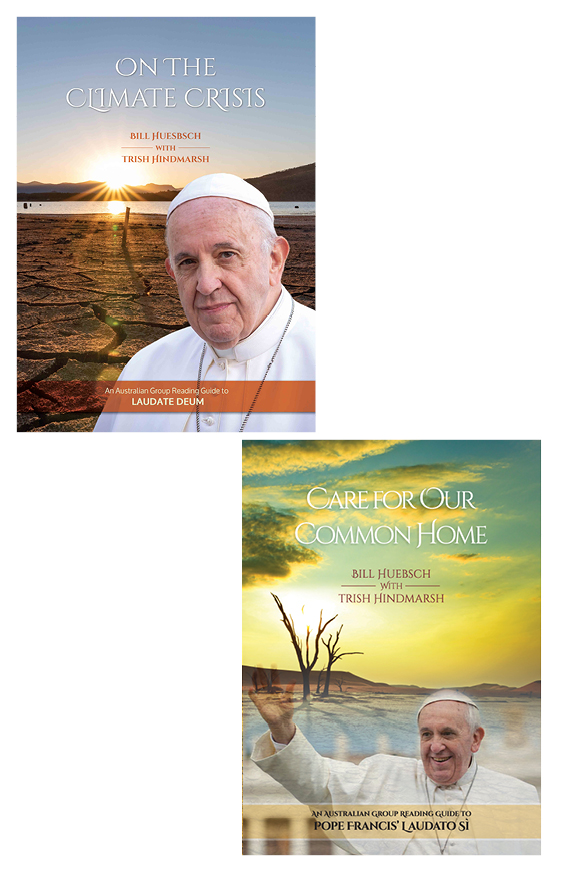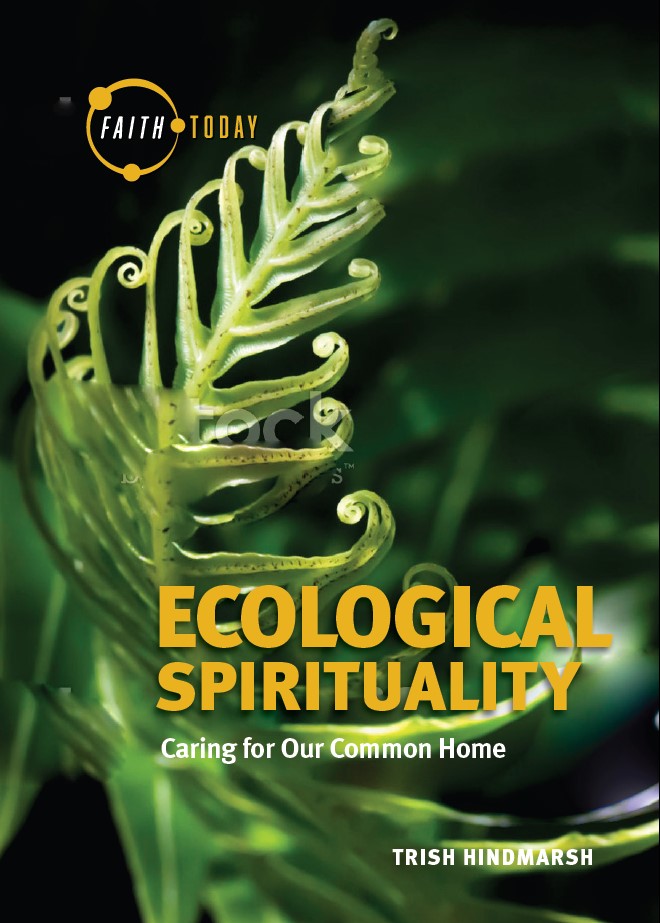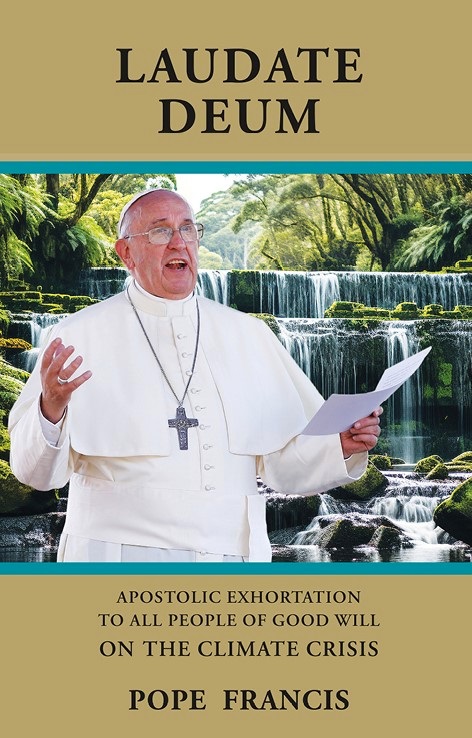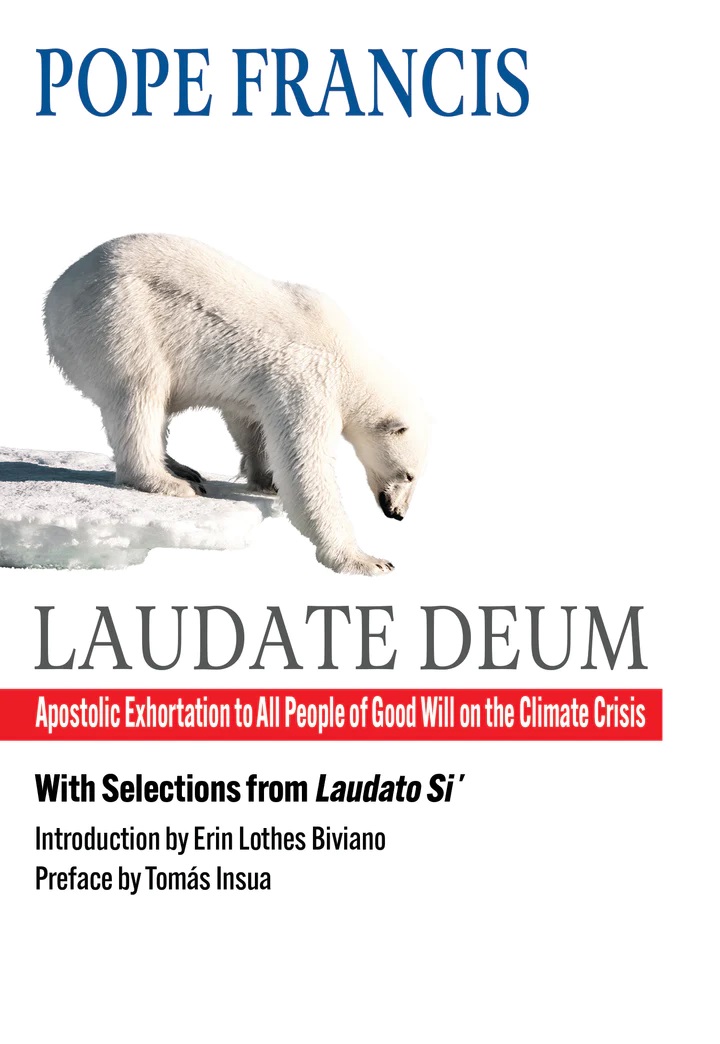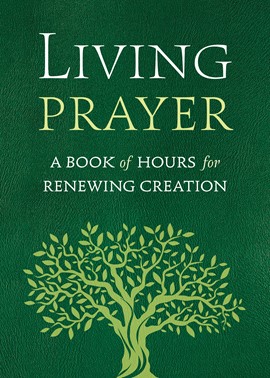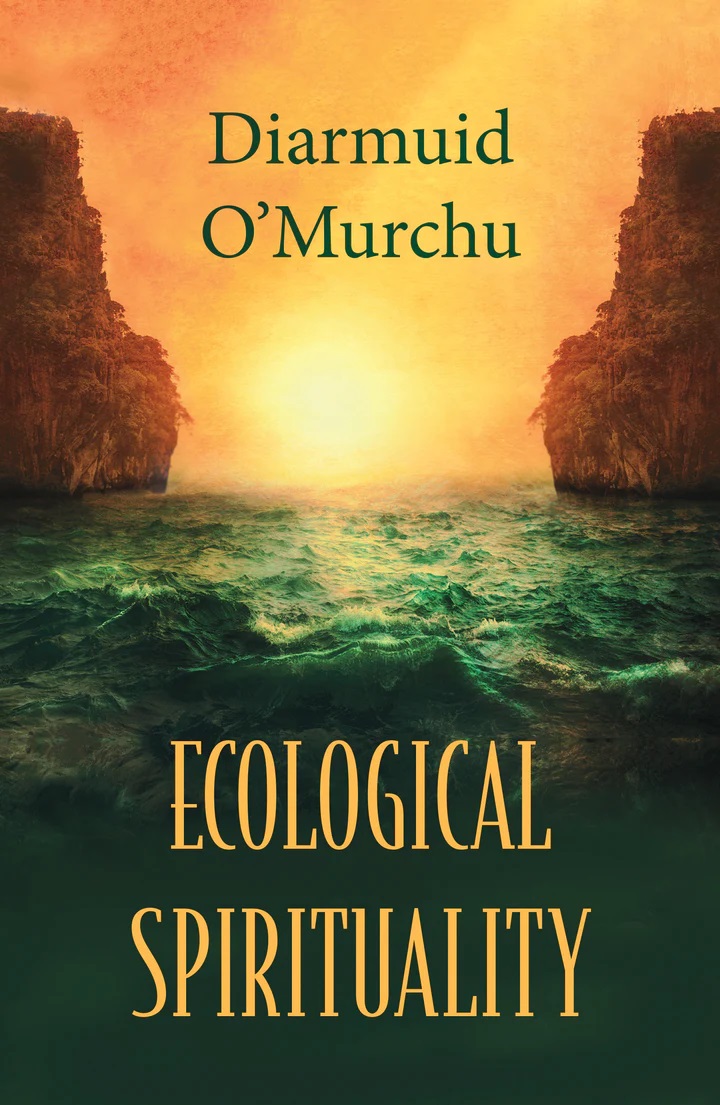Malcolm X asked: did Christianity have nothing more to offer Black Americans than spiritual “novocaine,” enabling them to suffer peacefully? He gave voice to the frustration many Black Americans felt over the expectation that, unlike white Americans, Black people were expected to respond to violence with “superhuman” calm and forgiveness.
Malcolm’s apocalyptic vision—in which the world’s oppressed would join together to make God’s righteous judgment on racism, colonialism, and all forms of slavery—galvanized, outraged, and troubled many. Divine Rage shows how Christian activists and theologians wrestled with it, including Rev. Albert B. Cleage, Jr., a Congregationalist minister who based his community, the Shrine of the Black Madonna, on Malcolm’s message; a young scholar, James Cone, inspired to develop a Christian theology of Black Power; Gwendolyn Zoharah Simmons, a Student Nonviolent Coordinating Committee (SNCC) leader who embraced Islam and pushed SNCC to espouse a more radical Black consciousness; Thomas Merton, a Catholic monk and public figure who struggled with his relationship to Catholic peace activists and the Black Power movement; and Marsha P. Johnson and Sylvia Rivera, queer activists of color who moved fluidly between the revolutionary language of Black Power and a religious practice grounded in the saints.
Marjorie Corbman is an educator and scholar working as an academic director at Mansfield Hall, a residential living-learning community for neurodivergent college students in Burlington, VT. Alumna of the School of Oriental and African Studies at the University of London (MA) and Fordham University (PhD), Corbman was assistant professor in the department of theology and religious studies at Molloy College from 2020 to 2022.

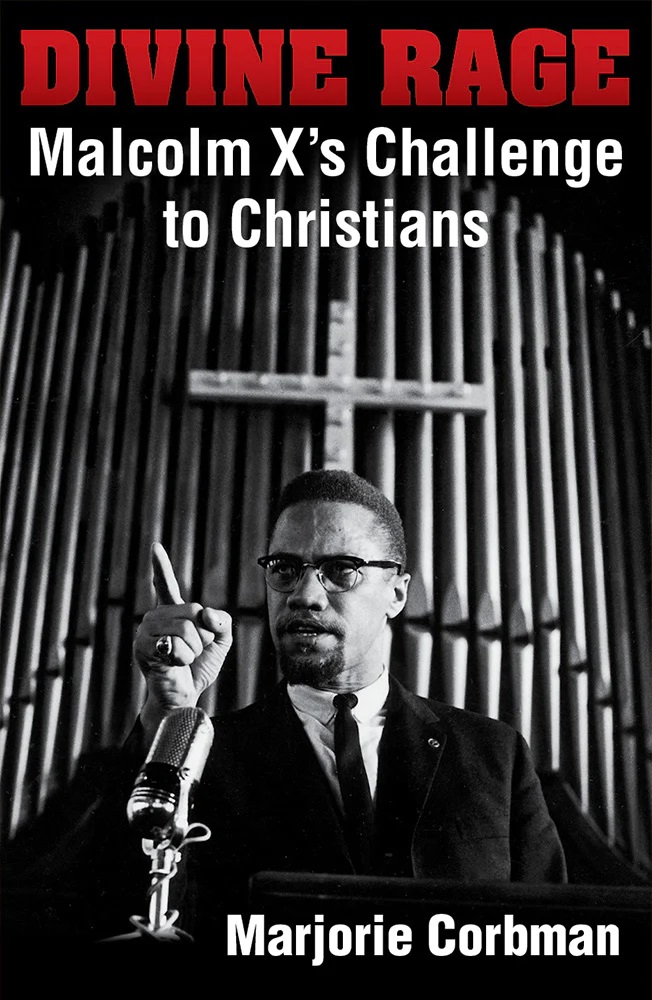
 Back
Back
